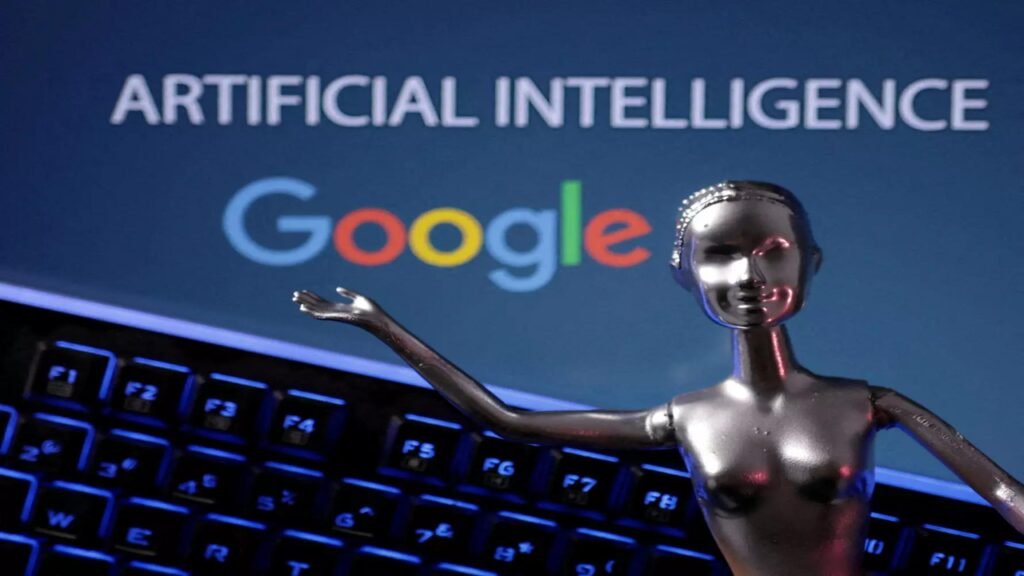Google is scheduled to appear before a federal jury in Boston for trial over alleged patent infringement. The case centers on claims by Singular Computing, a company founded by Massachusetts-based computer scientist Joseph Bates. The scientist claimed that Alphabet Inc.’s Google is copying his technology to enhance artificial intelligence capabilities in various services. Bates claims that the tech giant uses its technology to perform AI functions in services such as Google Search, Gmail, and Google Translate.
What is required in the lawsuit?Singular Computing is seeking up to $7 billion in monetary damages. If awarded, this would be the largest patent infringement judgment in U.S. history. The company filed a lawsuit in 2019, alleging that Bates shared computing innovations with Google between 2010 and 2014. Singular Computing says Google’s tensor processing equipment, which includes enhanced AI capabilities, infringes Bates’ patented technology. The complaint alleges that Google’s circuits take advantage of the improved architecture discovered by Bates. These circuits provide greater processing power and revolutionize AI training and inference.
Google introduced its own processing units in 2016 for features such as voice recognition, content generation, and ad recommendations. Singular claims that versions 2 and 3 of these units (introduced in 2017 and 2018) infringe its patent rights.
What does Google say about this lawsuit?In response, Google argued that its processors operate differently than Singular’s patented technology. Google spokesman Jose Castaneda denied the validity of Singular’s patents, saying the company has been developing its own processors for years. Mr. Castaneda also expressed confidence in setting the record straight during the trial.
In a separate case, the U.S. Court of Appeals in Washington is also scheduled to hear arguments regarding the potential invalidity of Singular’s patents. Validation validation will be reviewed by the U.S. Patent and Trademark Office following a challenge by Google. The trial is expected to last several weeks.
What is required in the lawsuit?Singular Computing is seeking up to $7 billion in monetary damages. If awarded, this would be the largest patent infringement judgment in U.S. history. The company filed a lawsuit in 2019, alleging that Bates shared computing innovations with Google between 2010 and 2014. Singular Computing says Google’s tensor processing equipment, which includes enhanced AI capabilities, infringes Bates’ patented technology. The complaint alleges that Google’s circuits take advantage of the improved architecture discovered by Bates. These circuits provide greater processing power and revolutionize AI training and inference.
Google introduced its own processing units in 2016 for features such as voice recognition, content generation, and ad recommendations. Singular claims that versions 2 and 3 of these units (introduced in 2017 and 2018) infringe its patent rights.
What does Google say about this lawsuit?In response, Google argued that its processors operate differently than Singular’s patented technology. Google spokesman Jose Castaneda denied the validity of Singular’s patents, saying the company has been developing its own processors for years. Mr. Castaneda also expressed confidence in setting the record straight during the trial.
In a separate case, the U.S. Court of Appeals in Washington is also scheduled to hear arguments regarding the potential invalidity of Singular’s patents. Validation validation will be reviewed by the U.S. Patent and Trademark Office following a challenge by Google. The trial is expected to last several weeks.
end of article

